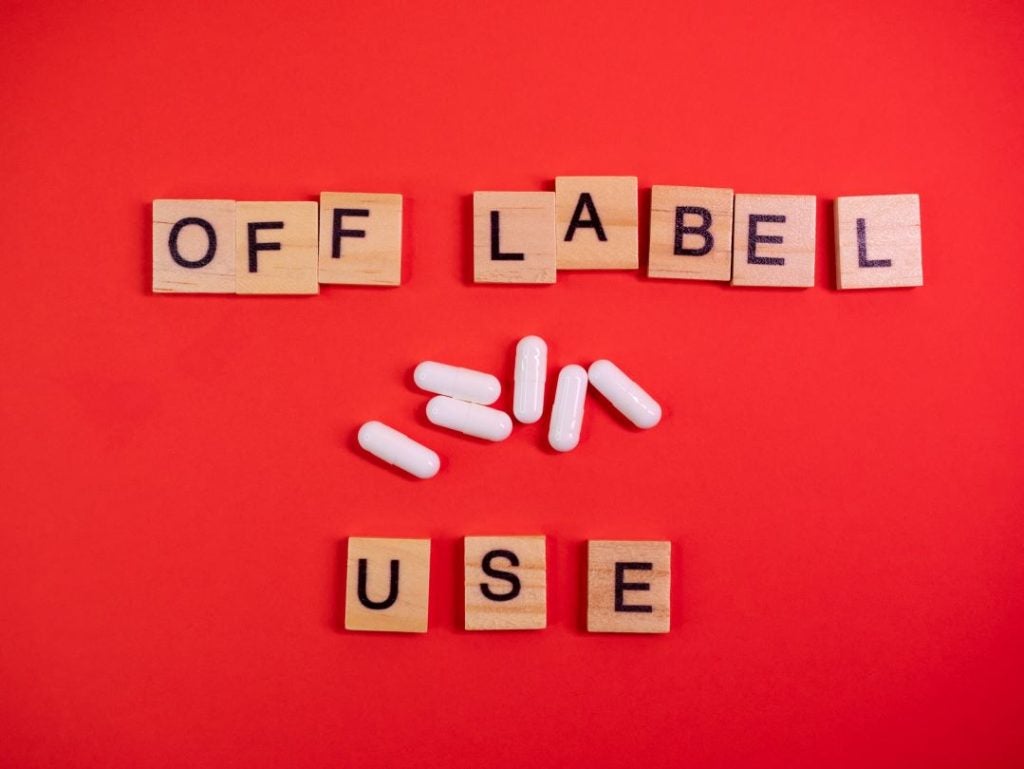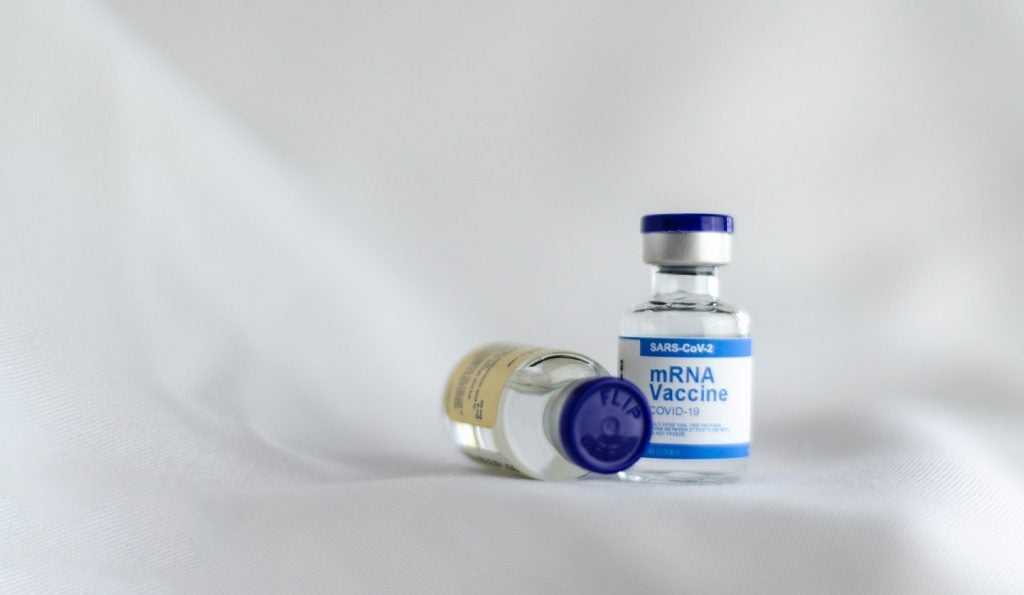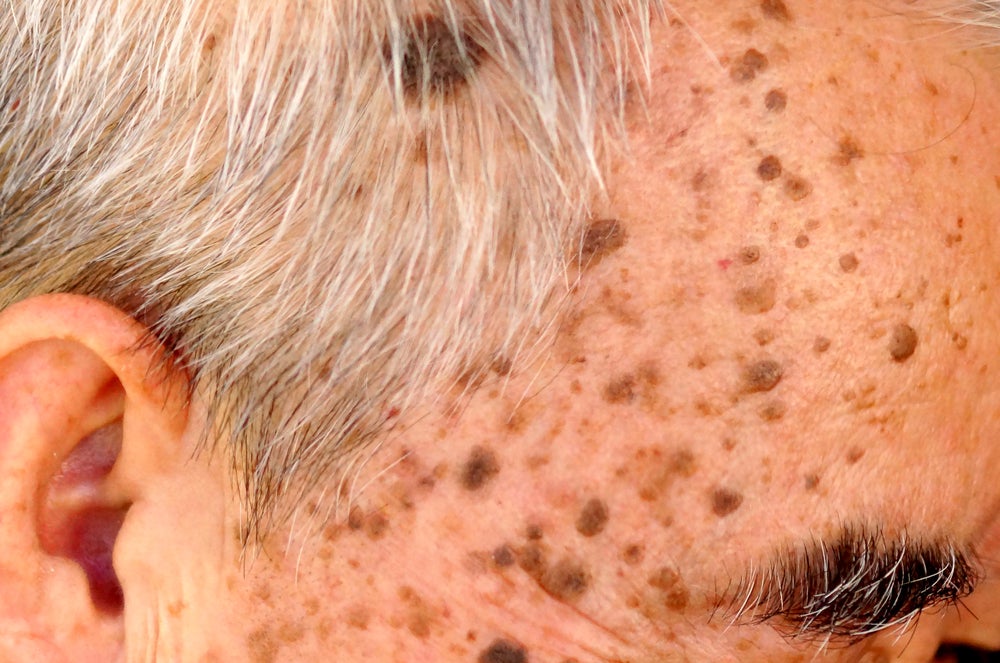The US Food and Drug Administration (FDA) has released a draft guidance, giving firms recommendations on how to communicate with healthcare providers (HCPs) about scientific information on unapproved uses of cleared medical products.
Released on 23 October, the document pertained to companies sharing certain types of materials with providers such as published or scientific medical journal articles, clinical reference resources, and company-produced presentations of scientific information.
The guidance defines companies as those “legally responsible for the labelling of medical products.” The FDA also clarified that the guidance spoke specifically about the use of these communications in the context of informing clinical practice decisions based on an individual patient’s needs rather than undermining the FDA’s premarket requirements for the products.
The agency acknowledged the usefulness of off-label uses for approved drugs for diseases with no approved therapies. However, the regulator highlighted the importance of maintaining the validity of information surrounding such uses, relying on robust study data that provides clinically relevant information. It also guided companies to choose sources that met the generally accepted standards for study design. For drugs, this includes randomised, double-blind, concurrently controlled superiority trials and real-world evidence data. The agency explained that unreliable data from flawed studies could distort the interpretation of results. An example of this was an emphasis on earlier phase data when later Phase studies are available that demonstrate newer efficacy results and safety concerns.
According to the guidance, all such communications should have the FDA’s approved use. They also need a clear statement saying that the unapproved use has not been cleared, any limitations, cautions or warnings for the product, and current contraindications among other things. The agency also guided companies to carefully consider fonts, layout, headlines and other stylistic details that emphasise certain pieces of information over others. Persuasive marketing techniques in these communications that could sway HCPs towards an unapproved use would also be frowned upon.
The FDA regulates these communications through the Office of Prescription Drug Promotion (OPDP). Their reviewers monitor promotional labelling to prevent the dispersal of false or misleading information. The Bad Ad Program, one such initiative, gives HCPs the tools to recognise misleading information while raising awareness of the issue.
When finalised, the new draft guidance will represent the FDA’s current stance on the issue, replacing 2014’s “Publications on Unapproved New Uses – Recommended Practices”. The agency has asked for any comments on the guidance to be submitted by 24 December 2023.















